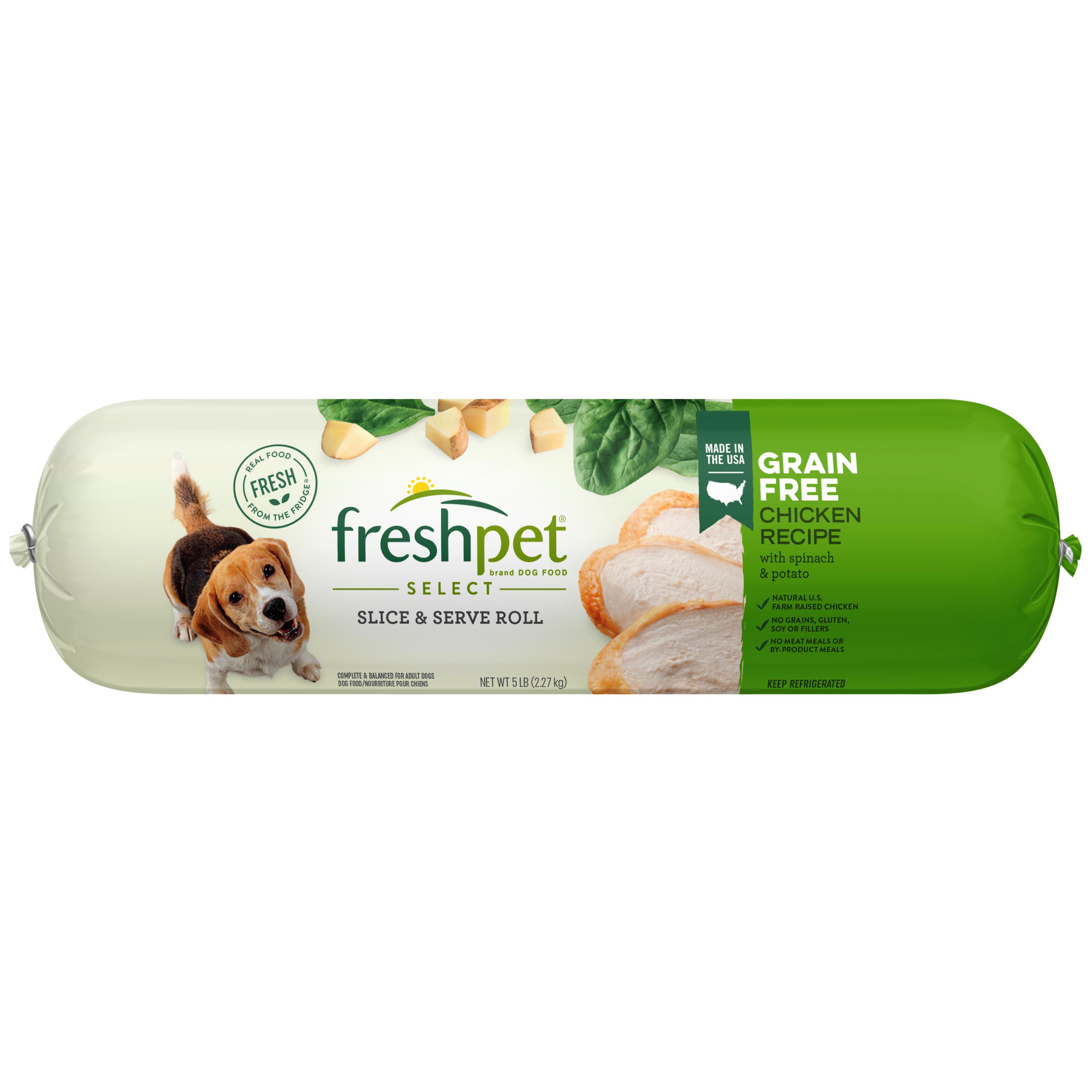
When you are choosing a dog breed, think about the size, temperament and lifestyle you want. If you live in a tiny apartment or have limited space, then a bulldog is the right choice for you. This breed has low energy levels and is not particularly picky about living conditions. They are great candidates for family life.
Labradors
Labradors, a breed that is great with children, are the ideal dog for families. They are intelligent and full of energy, making them perfect for families with children of all ages. If you have small children, you might want to consider an older lab.
One thing to keep in mind when buying a Labrador is that they are prone to several skin ailments. Labradors are prone to allergies, parasites and grass seeds that can irritate the ears. Otitis can result in a burning sensation.
Boxers
Boxers are energetic and great for families with active children. However, they should be kept away from small children, especially babies. Small children may be scared of the Boxer, so they shouldn't be kept around them. A well-trained Boxer can be a wonderful addition to any family.

Boxers are great companions for families, as they are intelligent and can be a good friend to children. They are active and playful, and they love being outdoors. But they can be clumsy, so they shouldn't be left alone with young children. They are intelligent and get along with children and babies because of this.
Cavalier King Charles Spaniels
Cavaliers are happy, gentle creatures that love human interaction. They are perfect for families with young children. They are good with other dogs and can be gentle, but they may get anxious around bigger dogs. It is best to let them play with other dogs when they're ready to do so.
They are intelligent and gentle. They can get along well with children and other dogs. They can also be playful and cuddly, making them perfect for kids of all ages. Their soft coats and small size make them easy to care for. They are also great for apartments.
English Springer Spaniels
English Springer Spaniels can be friendly and affectionate dogs, making them great family pets. They are well-known for their ability to "spring" at a game and beautiful appearance. They can be a good addition to any household, but require an active lifestyle.
These intelligent and lively dogs need plenty to do and plenty of space. Their high-spirited and driven nature makes them great friends for children. And because their breed was bred to hunt with people, they love to please people. This breed is extremely intelligent and trainable.
Golden Retrievers

Because of their friendly, gentle disposition, Golden Retrievers make excellent family pets. They love playing with children, and they are not rough. When they play with young children, they should be closely supervised. Golden Retrievers are easy to train. They also get along well with children. They are patient with young children, but they will only get aggressive when provoked.
A golden retriever is the perfect family pet, but they must be introduced to your child slowly. The closer you spend time together, the stronger your bond will be. The dog will eventually recognize the baby as gentle, protective and loving. This is a win-win situation for both the child and the dog. They are excellent cuddlers, too. Once they have formed a relationship, many golden retrievers will sleep next-to a baby.
Poodles
According to a survey of 34 people, Poodles are a good choice for families with young children. The breed is great for children and can even be taught how to behave. Because Poodles are energetic and playful, they should be exercised every day. A Standard Poodle needs one hour of exercise each day, while Miniature Poodles need at least 30 minutes.
Poodles are friendly and gentle with children. A toy dog may be too delicate to play rough with, while a standard poodle needs patience and training. Children should be closely supervised while playing with the dog. Parents should also establish rules for their children.
FAQ
Three things you should think about before getting a cat.
These are some questions you should ask yourself before buying a cat.
-
Is the cat suffering from any health problems?
-
Can the cat eat all of my food?
-
Is it because I love cats or do I simply want a pet cat?
What should I consider before getting an exotic pet?
Before you go ahead and buy an exotic pet, there are several things you need to think about. First, you must decide if you will keep the animal as an exotic pet or if your intention to sell it. If you're keeping it as a pet, then make sure you have enough space for it. Also, it is important to calculate how much time you will spend caring for the animal. It is not easy to care for an animal. However, they provide great companionship.
If you're looking to sell the animal then you should find someone willing and able to buy it. You should ensure that the person who buys your animal is knowledgeable about how to care for animals. Make sure you don't feed your pet too much. This could lead to health problems down the line.
If you are considering exotic pets, you should ensure that you thoroughly research them. Many websites provide information about various types of pets. You should be careful not to fall for any scams.
What are some signs that my dog might be sick?
Many symptoms can indicate that your dog may be sick. You may notice the following symptoms:
-
Vomiting
-
Diarrhea
-
Lethargy
-
Fever
-
Weight loss
-
A decreased appetite
-
Coughing
-
Difficulty in breathing
-
Bleeding from the nose
-
In stool or urine, blood can be found
These are just a few. Your vet will know what to look out for.
How do I find out if my dog has fleas
You may notice your pet scratching or licking excessively at its fur.
Flea infestations could also be suspected if you notice redness on your pet’s skin.
For treatment, you should get your pet to the vet as soon possible.
Statistics
- Reimbursement rates vary by insurer, but common rates range from 60% to 100% of your veterinary bill. (usnews.com)
- For example, if your policy has a 90% reimbursement rate and you've already met your deductible, your insurer would pay you 90% of the amount you paid the vet, as long as you're still below the coverage limits of your policy. (usnews.com)
- It's among a relatively few companies that provide policies with a full (100%) coverage option, meaning you are not responsible for any co-payment of bills. (money.com)
- * Monthly costs are for a 1-year-old female mixed-breed dog and a male domestic shorthair cat less than a year old, respectively, in excellent health residing in Texas, with a $500 annual deductible, $5,000 annual benefit limit, and 90% reimbursement rate. (usnews.com)
- It is estimated that the average cost per year of owning a cat or dog is about $1,000. (sspca.org)
External Links
How To
How to choose the best name for your pet
When adopting a pet, the name you choose for them is one of your most important decisions. You want to pick a name that reflects who they are and what kind of personality they have.
Also, think about how others might refer you to them. For example, if you plan to use their name when speaking with someone. Finally, think about how you'd like to be referred. For instance, do you prefer "dog" or "pet"?
Here are some tips for getting started.
-
Select a name to fit your dog's breed. If you're familiar with the breed (e.g. Labradoodle), search for names associated with it. Ask someone with a good knowledge of dogs to suggest a name.
-
Think about the meaning of the name. Some breeds are named after people or places, while others are just nicknames. A Labrador Retriever, for example, was given the name "Rover" as he was always running around.
-
Think about how you'd like to be called. Are you more comfortable calling your dog "dog" or "pet?" Would you call your dog "Puppy" or "Buddy"?
-
Be sure to include the name of the owner. It's sensible to give your dog an owner's name. But, don't limit yourself by limiting your family's names. Your dog could grow up to become a member of your family.
-
Be aware that many pets have multiple names. For example, a cat might go by several names depending on where she lives. While she may be called "Kitty Cat" at her home, she might go by "Molly" when visiting her friends. This is especially true when cats live outdoors. They may choose to name themselves after the environment in which they live.
-
Be creative There are no rules that say you have to follow a certain naming convention. Just make sure that you choose something unique and memorable.
-
Check to make sure your chosen name hasn't been used by someone else or a group. This way you won't accidentally take someone else's identity.
-
Remember that choosing the right name for your pet can be difficult. Sometimes it takes time to determine whether a name is right for your dog. So keep trying until you find the perfect match!